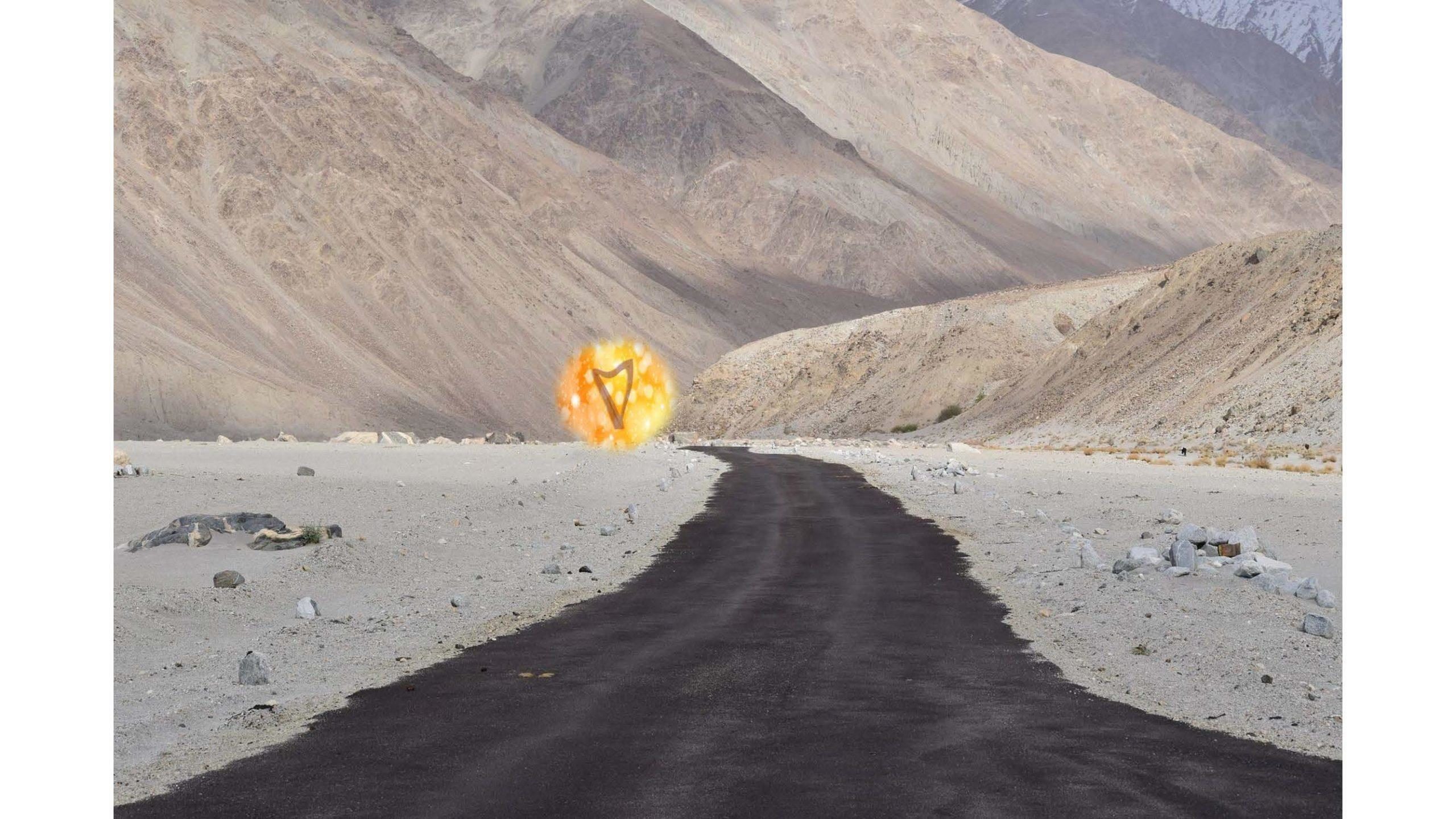Remember asking that? “Are we there yet? …How ‘bout now? …yet? I’m bored!”
Amazing some of us survived to adulthood!
But why did we always ask that question?
You already know – when you don’t know what the end looks like, it feels like you’ll n-e-v-e-r get there. And that is a terrible feeling!
So, when we’re at the beginning of a tune, that road stretches ahead, uninterrupted – and you might feel like you’ll never get it.
What about when you have been working on the tune for a while? Then you might ask yourself again, “Are we there yet?”
How do you know when you get there? How do you know you’re done? When is a tune “finished”?
The long answer is that you have to decide what you mean by finished. Is it finished when you’ve learned the tune? Or is it finished when it’s perfect? Or performance ready? Competition ready? Moved unceremoniously into the Bored with/Don’t want to play any more pile? What is your definition of done?
I don’t have a definitive answer for your definition. It really depends on you, your level of development, the time you have available, your goals, your personality, and loads of other things that only you can answer for you.
There is also a short answer (but you might not like it).
Short answer – you’re never finished! WAIT – what?!?
Of course you’re never finished – the tune will never be done. What? (I did say that you might not like the short answer)
After all, making music is a creative activity – you will have to decide for yourself what done will look/sound like. Yup, it’s entirely up to you (and yes, I’m v-e-r-y aware just how uncomfortable that can be!).
If you stop working on a tune, it’s definitely done, but is that what you wanted for that tune when you started? If you “finish” it and never let it be a living element of your playing, it will stultify and die (which isn’t really what most of us want from our music).
If a tune is “finished” then it’s done. But why do you play and perform (even for the cat and the curtains)? What keeps you coming back to your harp? I’m guessing it isn’t because you want to be stagnant.
So how do you know when you are done enough? Here are some ideas:
- You got where you were going (that is – you met your goal).
- You have run out of ideas to continue to add to the playing – your arrangement is fairly stable. But keep an open mind so you can continue to create as you go – forever!
- A trusted mentor has suggested that the work is good.
- You are comfortable when playing the tune for your audience (whoever that might be).
- You’ve “got” the tune but you’re not enjoying playing it.
- You feel “bored” playing a tune.
- The holiday you learned the tune for has arrived(!).
- Now that you’ve learned the tune, you just don’t enjoy it.
- As much as you’ve worked on it, the tune is just not coming together (this is likely because it was a stretch for you in which case you should set it aside and pick it up later).
Think of tunes as being somewhere on a continuum from performance-ready or shelf-bound. Either they’re good for sharing with others (performance ready) or they’re not going to see the light of day (shelf-bound). There are, of course, various stages in between, but what that continuum looks like is up to you.
Do you have any tunes that are finished? How did you decide? If you don’t, how would you define done? I’m curious to hear your thoughts – let me know in the comments!

Comments
9 responses to “Are we there yet?”
reminds me of my kids- we finally wouldn’t let them ask “are we there Yet?”
they changed it to “Where are we NOW?”
harp journeys….
From the mouths of babes! Always a journey!
for me, Finished is when it Flows and sounds Gorgeous.
this has happened once or twice!
however, harps being harps, the piece doesn’t Stay that way….
Playing is like a river – always moving, always changing, never the same from moment to moment. I’m pretty sure it’s not the harp! 🙂
i agree with the changing moments…. sigh
If I think I’m “finished” learning a tune, I record it. Then I listen for hesitations. I repeat playing until the hesitations are gone.
Next comes nuance. Is it as expressive in reality as I thought it was? Sometimes the “feeling” doesn’t make it from my head through my fingers. This is mostly true of slower tunes, but can also apply to faster tunes being bouncy or energetic or stately , etc.
Recording is such a useful tool- good on you Susan!
I will decide to put something aside when I am out of strategies for thinking about it. I usually return to pieces after some more work with etudes and technical challenges, and also,listening differently to the music,which really helps a lot.
Great approach Lea!